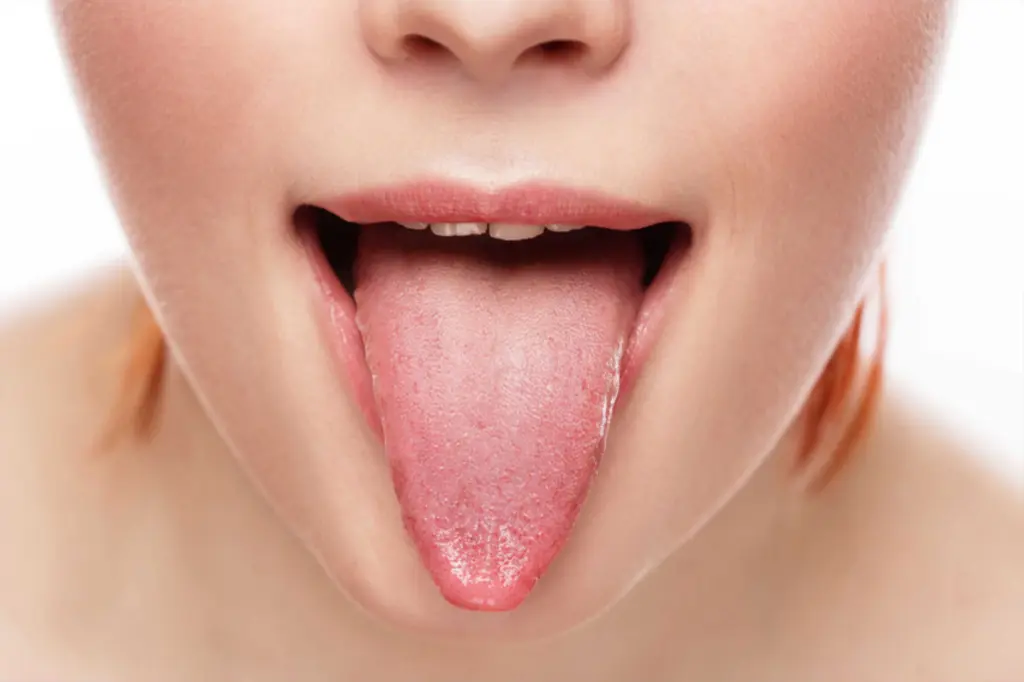
Oral hygiene and pancreatic cancer: Failing to brush and floss regularly could be tied to a sharply higher risk of pancreatic cancer, according to research led by scientists at NYU School of Medicine and published in JAMA Oncology. The team reports that specific bacteria and fungi living in the mouth were associated with increased odds of developing one of the deadliest cancers.
Researchers analysed oral rinse samples and long-term health outcomes from more than 122,000 US adults enrolled in two major cohorts, the American Cancer Society’s Cancer Prevention Study-II Nutrition Cohort and the Prostate, Lung, Colorectal and Ovarian Cancer Screening Trial. Over a median follow-up of about eight years, 445 participants developed pancreatic cancer; each was matched to a cancer-free control of similar age and sex (average age 67; 53.3% male).
Also Read | Even moderate drinking raises pancreatic cancer risk, WHO study finds
Periodontal pathogens Porphyromonas gingivalis, Eubacterium nodatum, and Parvimonas micra were linked to higher pancreatic cancer risk. A broader scan found 13 oral bacteria associated with increased risk and 8 linked with reduced risk. The fungus Candida showed a particularly strong association with pancreatic cancer. The authors suggest microbes may travel in saliva and seed the pancreas, potentially promoting inflammation and disease.
“It is clearer than ever that brushing and flossing may not only help prevent periodontal disease but may also protect against cancer,” co-author Dr. Richard Hayes, a population health expert, wrote.
Pancreatic cancer is often diagnosed late and carries one of the lowest survival rates. Symptoms can be vague; red flags include jaundice (yellowing eyes/skin), itchy skin, dark urine, pale stools, loss of appetite or weight, fatigue, fever, indigestion, nausea, diarrhoea or constipation, and upper abdominal or back pain.








